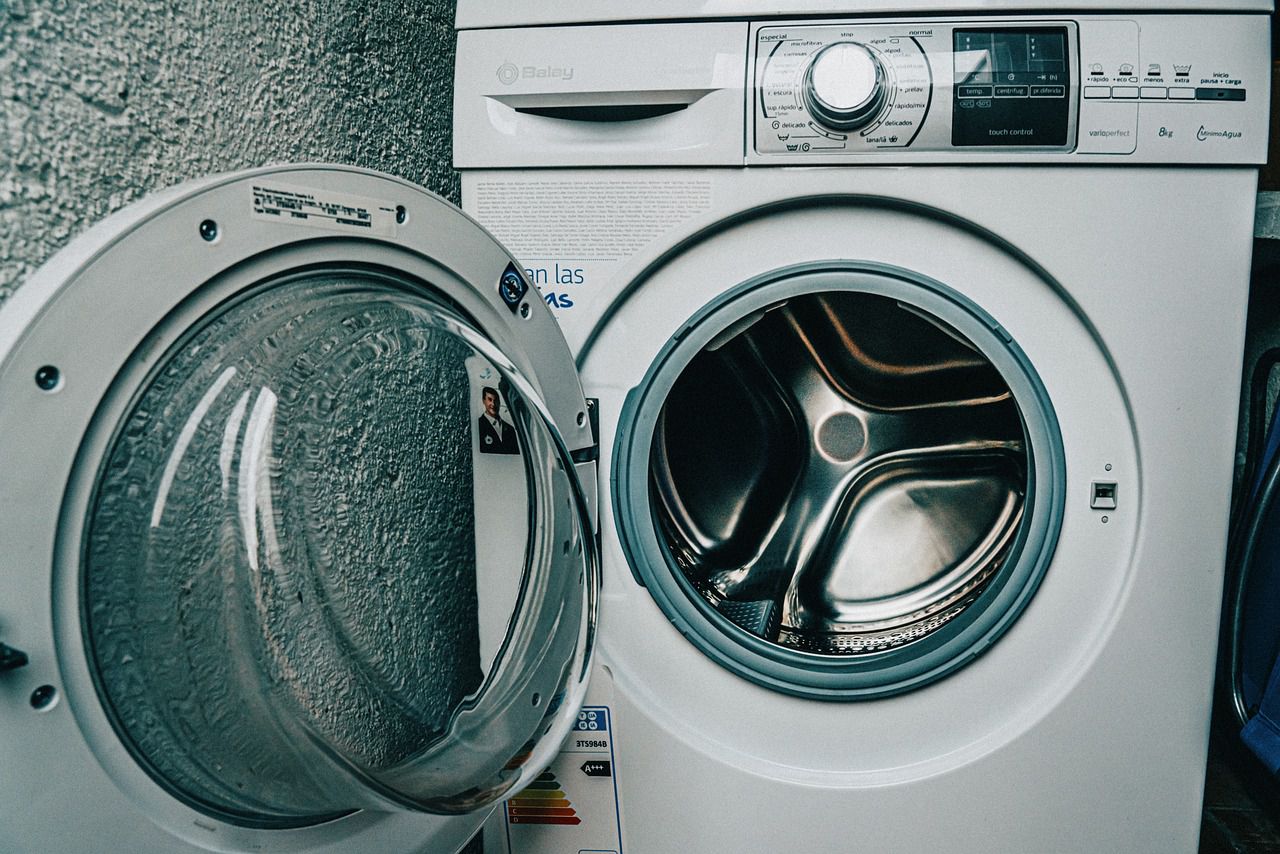An old washing machine that needs replacement can spoil lots of your favorite clothes, and also become dangerous to use.
Knowing when to replace your washing machine depends on several factors, including its age, performance, and the cost of repairs.
Here are some signs that indicate it may be time to consider getting a new washing machine.
Frequent and Costly Repairs
If your washing machine is constantly breaking down and requiring expensive repairs, it may be more practical to replace it with a new, more reliable model.
Declining Performance
If your washing machine is no longer cleaning clothes effectively, leaving stains, or not spinning properly, it could be a sign of internal wear and tear, indicating the need for a replacement.

Energy Efficiency
Older washing machines may be less energy-efficient compared to newer models.
Upgrading to a more energy-efficient washer can save you money on utility bills in the long run.
Limited Capacity
If your household's laundry needs have increased, and your current washing machine can no longer handle larger loads, upgrading to a washer with a larger capacity might be necessary.
Mold and Mildew Buildup
Persistent mold or mildew growth inside your washing machine, despite regular cleaning, might indicate an issue with its drainage system or a worn-out drum seal.
Safety Concerns
If you notice electrical issues, sparks, or unusual smells coming from your washing machine, it could pose safety risks, and replacing it promptly is crucial.









